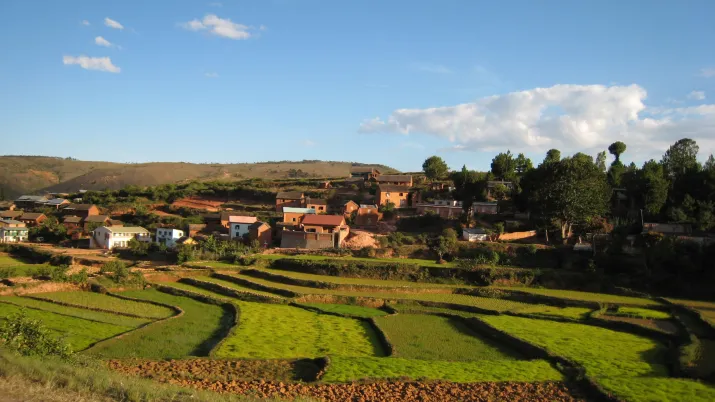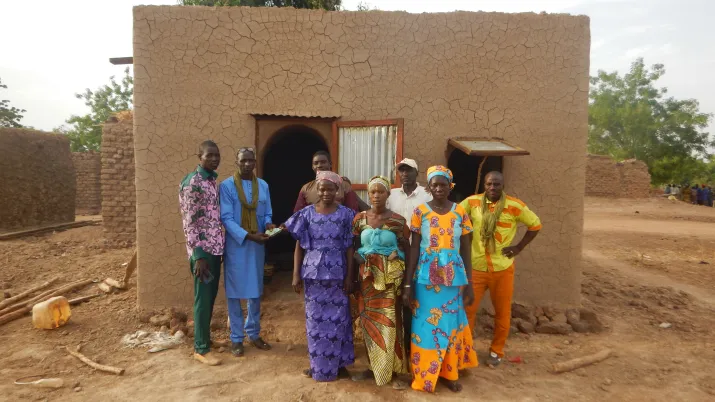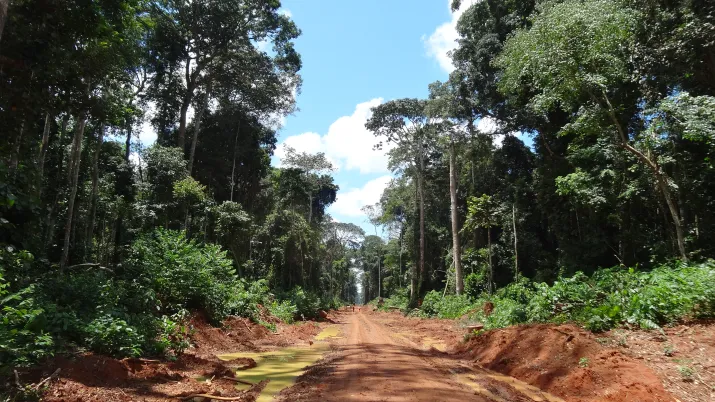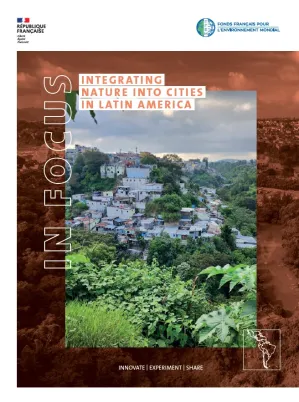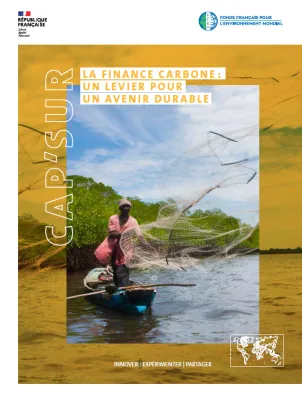Share the page
Cities & territories
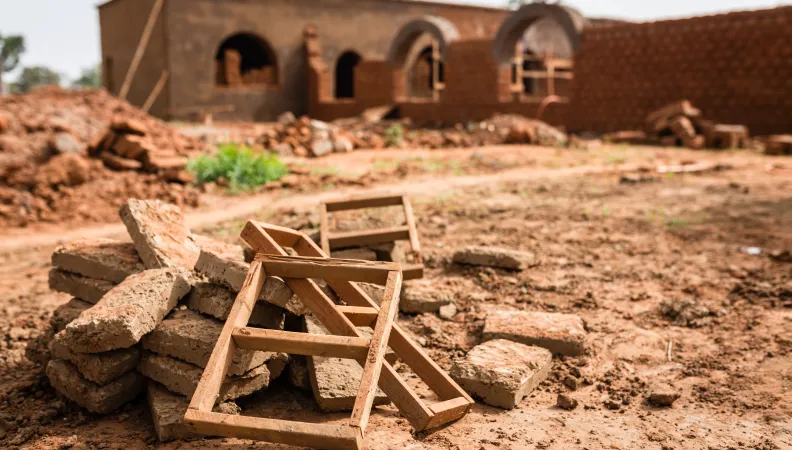
Our commitment
The FFEM has historically supported the energy transition in developing countries. The aim is to contribute to climate change mitigation and socio-economic development through sustainable and affordable access to energy. It also seeks to adapt cities to climate change and to improve living conditions for populations.
Our action today
The FFEM's work on this issue falls more specifically within the scope of the United Nations Framework Convention on Climate Change (UNFCCC) and the Paris Agreement, which attach equal importance to adaptation and mitigation. It also aims to create synergies with the implementation of the Montreal Protocol and the Kigali Amendment by promoting improved energy efficiency in cooling systems. The FFEM thus addresses both adaptation and energy transition in cities and territories in order to promote low-carbon development and strengthen climate resilience.
Our cross-disciplinary approach
Human activities, particularly in urban areas, contribute to the decline of biodiversity and agricultural land, as well as to climate change. Energy transition and electric mobility play a crucial role in reducing GHG emissions, but they can also generate pollution and waste that have a significant impact on the health of ecosystems and populations. To provide a coherent response to these challenges, the FFEM takes into account their interdependence and encourages urban and regional planning and development projects, access to energy, and urban agriculture that take into account the converging issues of climate, biodiversity and pollution.
Rapid urbanisation is placing increasing pressure on natural ecosystems, which can no longer fulfil their regulatory role (microclimate, drinking water supply, flood reduction, food security, etc.). Moreover, urban areas are particularly vulnerable to the effects of climate change, and the Covid-19 pandemic has highlighted their vulnerability to disruptive events, with supply chain breakdowns and the worsening of inequalities.
To strengthen the resilience of cities to natural hazards and the impacts of climate change, the FFEM promotes the implementation of solutions that preserve or restore ecosystem functions and the maintenance of sustainable urban and peri-urban agriculture, in order to contribute to food security. It pays particular attention to intermediate cities and areas experiencing rapid urban growth, including the outskirts of capital cities.
It also promotes inclusive adaptation projects, as informal settlements and areas of informal economic activity are often located in climate risk zones.
The energy sector is responsible for around two-thirds of global greenhouse gas emissions, making it the main driver of climate change. The transition of cities and territories towards low-carbon models involves reducing their energy consumption.
The FFEM supports projects aimed at energy efficiency and demand-side management, particularly in the diffuse consumption sectors of transport, buildings, refrigeration, and public lighting. It places particular emphasis on ensuring that low-carbon and energy efficiency projects deliver significant social and environmental co-benefits. Thus, it encourages integrated approaches that address both the global challenges of climate change, the conservation of natural ecosystems, and local development.
Long-term low-carbon transition plans must be developed to decarbonise energy mixes and uses. The energy transition requires the gradual phasing out of fossil fuels and will compel a significant portion of the local workforce to retrain.
Its implementation therefore faces numerous social, political, and technical obstacles that perpetuate the use of unsustainable energy resources. The integration of social issues, particularly those related to employment, and environmental concerns into the planning and implementation processes of the energy transition must be given special attention.
Given that nearly one in seven people worldwide has no access to electricity, the development of access to reliable, sustainable, and modern energy services at an affordable cost remains a major challenge. The FFEM supports a just and sustainable energy transition. Its efforts also aim to make access to decarbonised energy a driver for local development and employment.
Download the FFEM brochure on cities and regions
In the field
Key figures, projects, news and publications are just a click away.
In figures
-
101 projects funded since 1995
-
109 M€ committed since 1995
-
27 projects underway in 2025
-
38 M€ committed since 2025
Focus on our projects
Supporting the ecological and energy transition in the Malagasy highlands (TOTEM)
In progress
2024 - 2028

